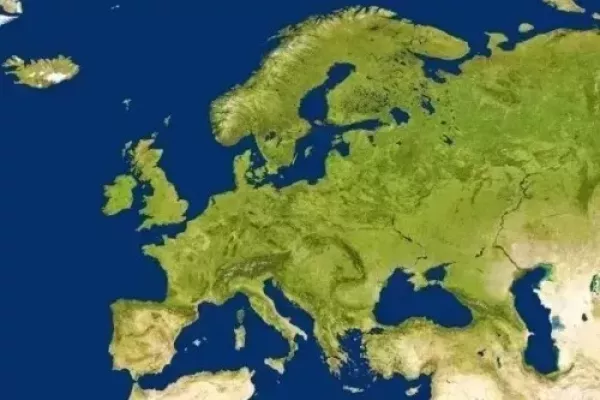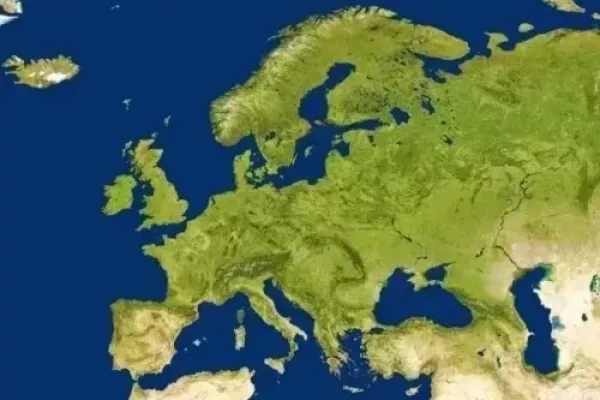European Union countries will be required to rein in food waste this decade under draft EU plans aimed at tackling the 10% of food in Europe that gets thrown away.
Details
An estimated 131 kilograms (288.8 lb) of food is wasted per European inhabitant each year, the EU has said, costing consumers money, emitting excess carbon dioxide, and squandering energy, fuel and water used in food production.
A draft EU law, due to be proposed by the European Commission on 5 July and seen by Reuters, would set a binding target for every EU country to reduce overall food waste in their shops, restaurants and households by 30% per capita by the end of 2030, compared with 2020 levels.
Countries would also have to cut food waste in processing and manufacturing by 10% by 2030, from 2020 levels, said the draft, which could change before it is published.
The Commission declined to comment.
EU countries will have to negotiate the final law with the European Parliament. They would also have to design measures to push companies and consumers to achieve the goals.
That could include rules to curb sales promotions that encourage overbuying food that ends up wasted, incentives for farmers and shops to donate spare produce to community kitchens, and benefits for taking "ugly" or blemished fruit and vegetables to market.
Households are responsible for just over half of the food wasted in Europe.
Additional Information
Separately, Brussels is working on a clearer labelling system for "best before" and "use by" dates to avoid consumers throwing away food that is still fit to eat.
Read More: Europe's Ongoing Strike-Related Travel Disruptions
News by Reuters, edited by Hospitality Ireland. Click subscribe to sign up for the Hospitality Ireland print edition.








